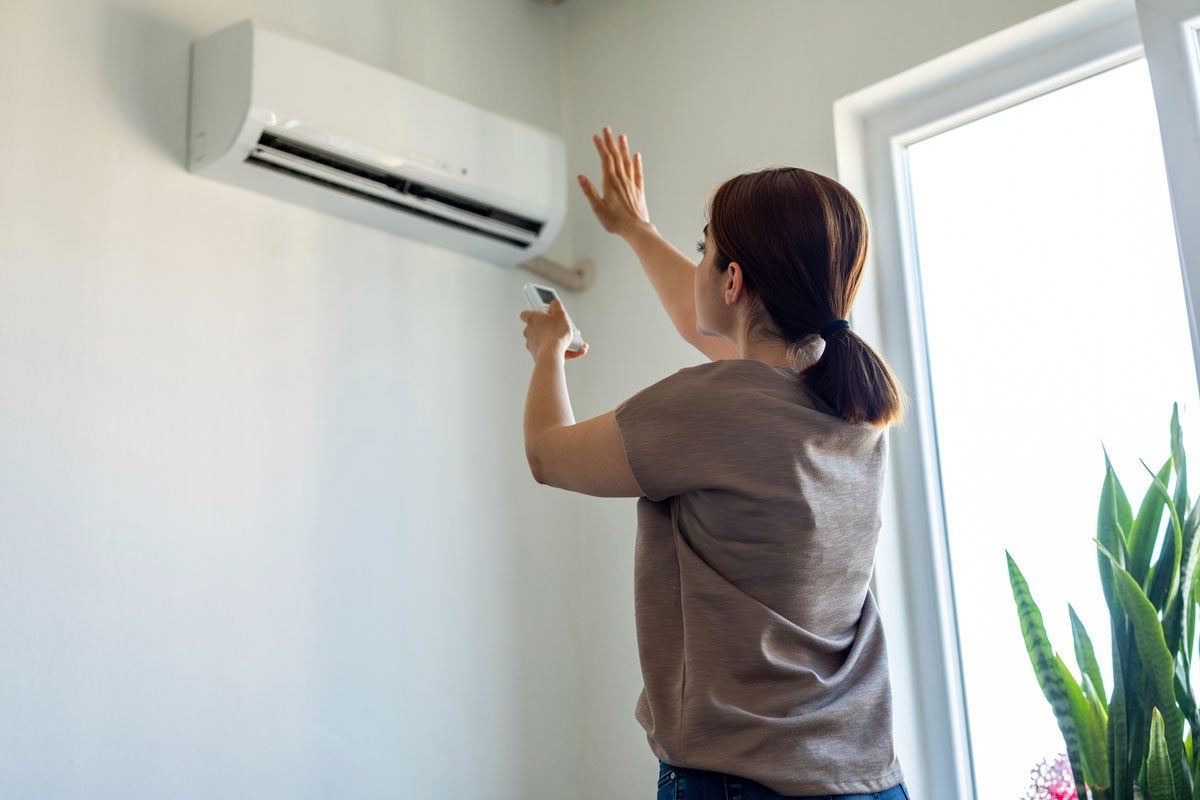When it comes to heating and cooling their homes, many people rely on their HVAC systems without completely understanding how these systems work or what best practices to follow. Starting with frequent misconceptions about energy efficiency to the latest innovations in HVAC technology, there's a wealth of information that can help homeowners take smarter choices. Unfortunately, myths can often cloud people's judgment, leading to poor decisions that may affect both convenience and expenses.
Here, we aim to clarify some of the most prevalent HVAC myths, providing you with the necessary knowledge you need to keep your home comfortable year-round. If https://www.berkeys.com/fort-worth-air-conditioning/ 're a first-time homeowner or an veteran resident looking to improve your heating and cooling systems, our comprehensive guide will cover everything from fundamental HVAC principles to useful maintenance tips and energy-saving strategies. Understanding your HVAC system is important not only for short-term comfort but also for future savings and efficiency.
Grasping HVAC Technologies
HVAC stands for Heating, Ventilation, and Air Conditioning, representing the technology used to regulate indoor climates. It integrates various systems that work in unison to provide a comfortable environment and maintain the quality of indoor air in residential, business, and industrial spaces. Comprehending HVAC technologies involves knowing how the individual parts functions and how they interact with each other to create a comfortable living or working environment.
The heating aspect of HVAC systems typically includes heaters or heating units that generate heat through various fuel sources, like natural gas, oil, or electricity. Cooling systems, on the other hand, cool the indoor atmosphere during warmer months using refrigerants to absorb and release heat, effectively lowering indoor temperatures. Airflow is crucial for ensuring a consistent flow of clean air and removing indoor pollutants, helping to create a healthier atmosphere.
To keep HVAC technologies running smoothly, regular maintenance is important. This includes routine check-ups and cleaning, replacing filters, and ensuring that all components are functioning properly. An awareness of HVAC systems is key for property owners and entrepreneurs alike, as it allows them to make educated decisions about system setups, fixes, and improvements, resulting in increased efficiency and enhanced comfort.
Frequent HVAC Challenges and Resolutions
One of the most prevalent HVAC problems homeowners face is a insufficiency of airflow. This can commonly be due to dirty air filters or restricted ducts. A filthy filter restricts airflow, making your system work harder and with reduced effectiveness. To address this, inspect and replace your air filters consistently, ideally every 1 to 3 months. Additionally, verify that all vents are open and that there is no clutter in your ductwork. Routine maintenance can prevent airflow problems, keeping your home cozy year-round.
Another common problem is an uneven temperature throughout your home. This issue can happen from a range of factors including insufficient insulation, duct leaks, or issues with the thermostat itself. If certain rooms are significantly more heated or cooler, inspect the insulation and ensure that your ducts are sealed and in working condition. Occasionally, simply tweaking your thermostat or upgrading it with a smart thermostat can help. These measures can help move air more evenly, ensuring a comfortable environment in each space.
Finally, odd noises coming from your HVAC system can suggest various problems. Rattling, banging, or whooshing sounds may suggest unsecured components or airflow restrictions. If you hear any unusual sounds, it is important to inspect unsecured panels or debris in the system. If the noises continue, reach out to a specialist to diagnose and fix the problem before it escalates into a more significant issue, potentially protecting you from costly repairs. Routine inspections and attention to subtle signs can dramatically prolong the life of your HVAC system.

Heating and Cooling Efficiency and Maintenance Tips
To guarantee your HVAC system functions optimally, regular maintenance is essential. Start with replacing the air filters every one to three months, based on utilization and the type of filter. A fresh filter enhances airflow and indoor air quality, helping your system function effectively while meanwhile minimizing energy consumption. Additionally, keep the outdoor unit clear of debris, such as foliage and dirt, as this can obstruct airflow and impede the system's efficiency.
Organizing periodic tune-ups can greatly lengthen the life of your system and enhance its energy efficiency. During these checks, a professional can clean the coils, check refrigerant levels, and examine other components to detect potential issues before they escalate. Regular maintenance not only aids prevent costly repairs but also guarantees that your system is functioning at maximum performance, resulting in lower utility bills.
Using a smart thermostat is another efficient way to improve energy efficiency in your home. Smart thermostats allow you to adjust temperature settings based on your schedule, making sure that your HVAC system isn’t overworking when you are away. Moreover, many smart thermostats can learn your habits over time and adjust accordingly, enhancing comfort and energy use, and simplifying more manageable to maintain an energy-efficient home environment throughout the year.
